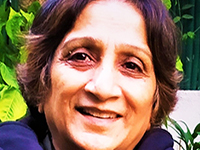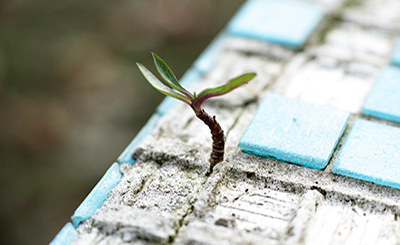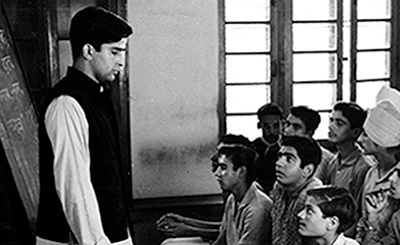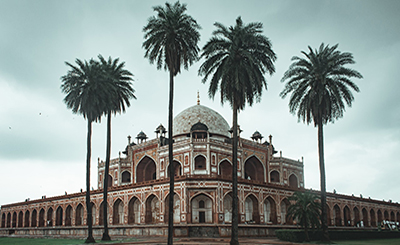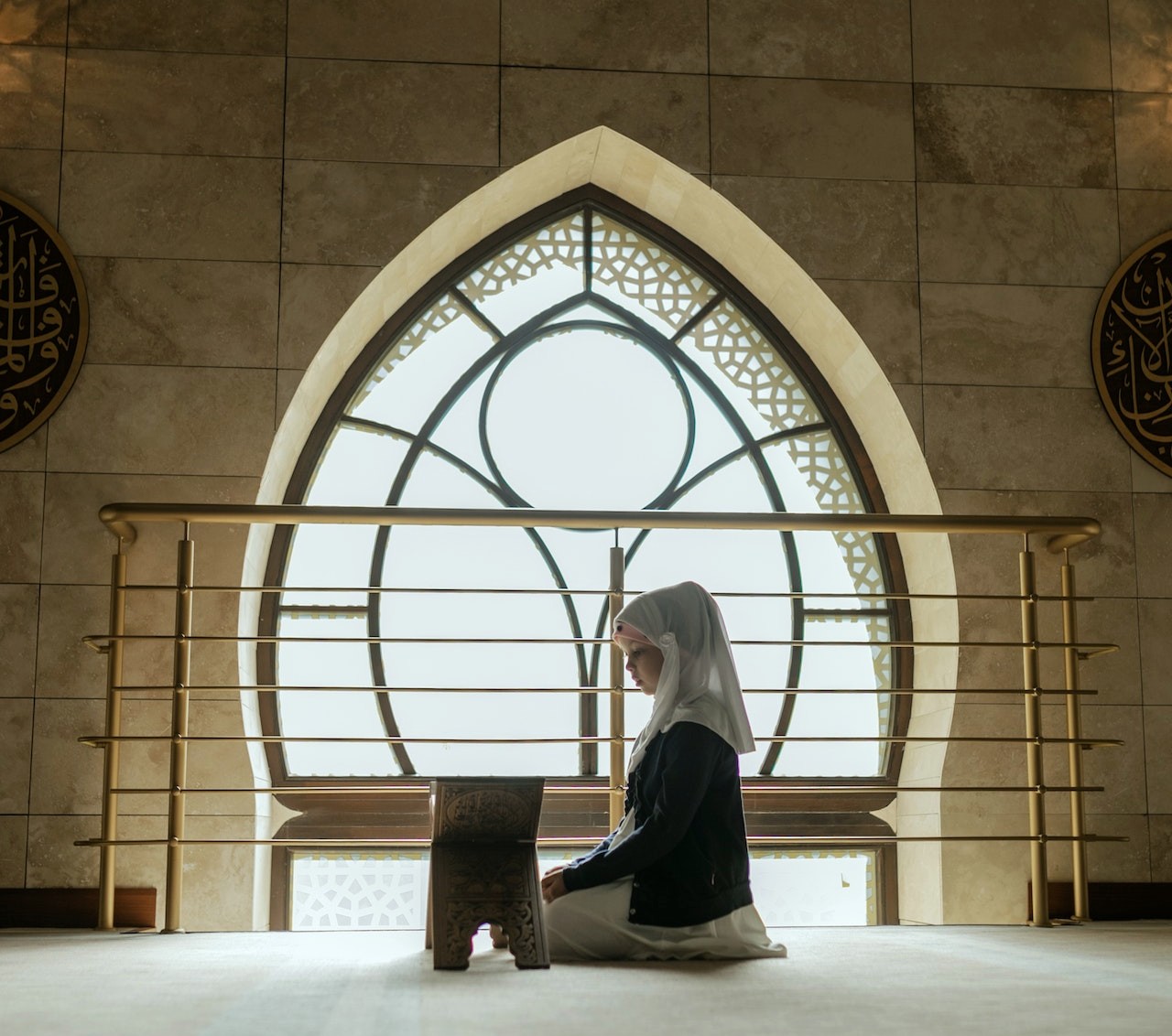
The Dreams of a Mappila Girl, the memoir of B.M. Zuhara, the first Muslim woman writer from Kerala, has been translated from Malayalam by Fehmida Zakeer
In the preface of her memoir, The Dreams of a Mappila Girl (translated
from Malayalam by Fehmida Zakeer), B.M. Zuhara, the first Muslim woman writer
from Kerala, makes it clear that ‘my native place of Tikkodi is never far from
my mind; it follows me in my dreams and hovers in my mind while I am awake.’
Her ancestral home, Kizhekke Maliyakkal, would evoke much wonder among the
people of her village and even outsiders, appearing as a character in many of
her writings. The architecture of the house is described in great detail,
providing the reader with a sense of what large ancestral homes of Mappila
Muslims in Kerala were once like in the 1950s and 60s — each space and object
named and organised in its daily functionality. The main hall, the naduthala, led to the nalukettu or the central courtyard
surrounded by rooms. Periyagams were
passages that led to the verandahs. Thinnas
or raised platforms were located at the far ends of the verandahs — some for
women where they ate or prayed and others for men.
The kitchen
and food, a woman’s complete world in those days, is re-created in special
detail: the grinding stones (ammi),
mortars, firestoves, iron griddles. Traditional breakfasts constituted puttu (ground rice steamed with coconut)
or pathiri (bread made from rice
flour). Night meals were always pathiri
with curries rotated on a daily basis — onion, dried fish, drumstick leaves and
egg curry. When the children grumbled about the unvarying fare, omelettes or
bulls-eye eggs were added to the menu. There were special breakfasts meticulously
cooked for men — wheat dosa, tomato roast and oats for the author’s maternal
grandfather, Valippa; egg roast with pathiri
or puttu for her father, Uppa.
With
Valippa’s sudden death that is witnessed by many of the family members present,
a whole tradition comes to light. The author, known as Soora in childhood, undergoes
shock intermixed with disorientation. Just five years of age and the youngest
among eight siblings, she is overwhelmed when the house is suddenly thrown into
chaos, with thick crowds gathering both inside and outside. When one of the
several maids asks another if she should continue making pathiris, she is rebuked with the words: “Stupid girl, stop making
the pathiris. Who do you think has
passed away just now? You cannot even imagine how great he was. The uncrowned
king of the land is lying motionless in that room.”
The
after-death rituals include throwing away all cooked and uncooked food.
According to tradition, the widowed grandmother, Ummama was mandated to spend
four months and ten days in her deceased husband’s room, with doors and windows
closed, forbidden to see unrelated men, and with a temporary toilet specially
constructed for her use. Visiting relatives, including a dominating woman
relative, could stay on anytime between three days to four months.
The decline
in the financial status of the family following Valippa’s death has been very
subtly portrayed. There is a suggestion that the coffers were empty at the time
of his death, despite him owning acres of land. Unlike during her father’s days,
when she was treated like a queen, Umma is portrayed sweeping the yard along
with the servants, gathering leaves to be burnt for use as fertilizer for the
money-yielding coconut grove. In Umma’s mind, there is the threat of government
takeover of their land, and the increasing difficulty of realizing paddy
payments from cultivating tenants. She tells Ummama, ‘We will not be able to
survive only by selling coconuts….The only way forward is to educate our boys.
There are no opportunities in this town. I am telling you, we should be
thinking of moving to Kozhikode.’ Another small indicator: Umma would forbid
her children to queue up for payasam (rice/lentil
pudding) when served on special occasions in school, where their classmates
were mostly children of servants or farmers. She would make the dessert for
them at home. But things changed as times changed. There is also the loss of
the special family identity of the Kekkele house when Soora and her siblings
move from their village school to the high school in Payyoli. It is on the
first day of the new school that Soora is made to announce her name in class.
Diffidently, she says: Zuhara.
Throughout
the memoir covering her life from the age of five to twelve, Soora is either
teased by her siblings or scolded by Umma for being readily prone to tears. Though
as a child Soora shows signs of non-conformity, insisting before her derisive
brothers that she wished to study to become a lawyer, it is to Umma’s views and
actions that she is most bound. Efficient, far-thinking, adaptable and
dedicated to the family, Umma’s views are also deeply traditional and
constantly surrendered to Allah’s will. One of her first admonitions to Soora
is: ‘Women don’t have to be highly educated to accomplish something in life.
Pray to God to give you a smart, rich and educated husband and when your
prayers get answered, that will be your achievement.’ On confiding her
discomfort on this issue, it is from her high school headmaster that Soora gets
the reassurance: ‘By the time you grow up, things will change. You should study
hard and become someone who makes a difference in society’.
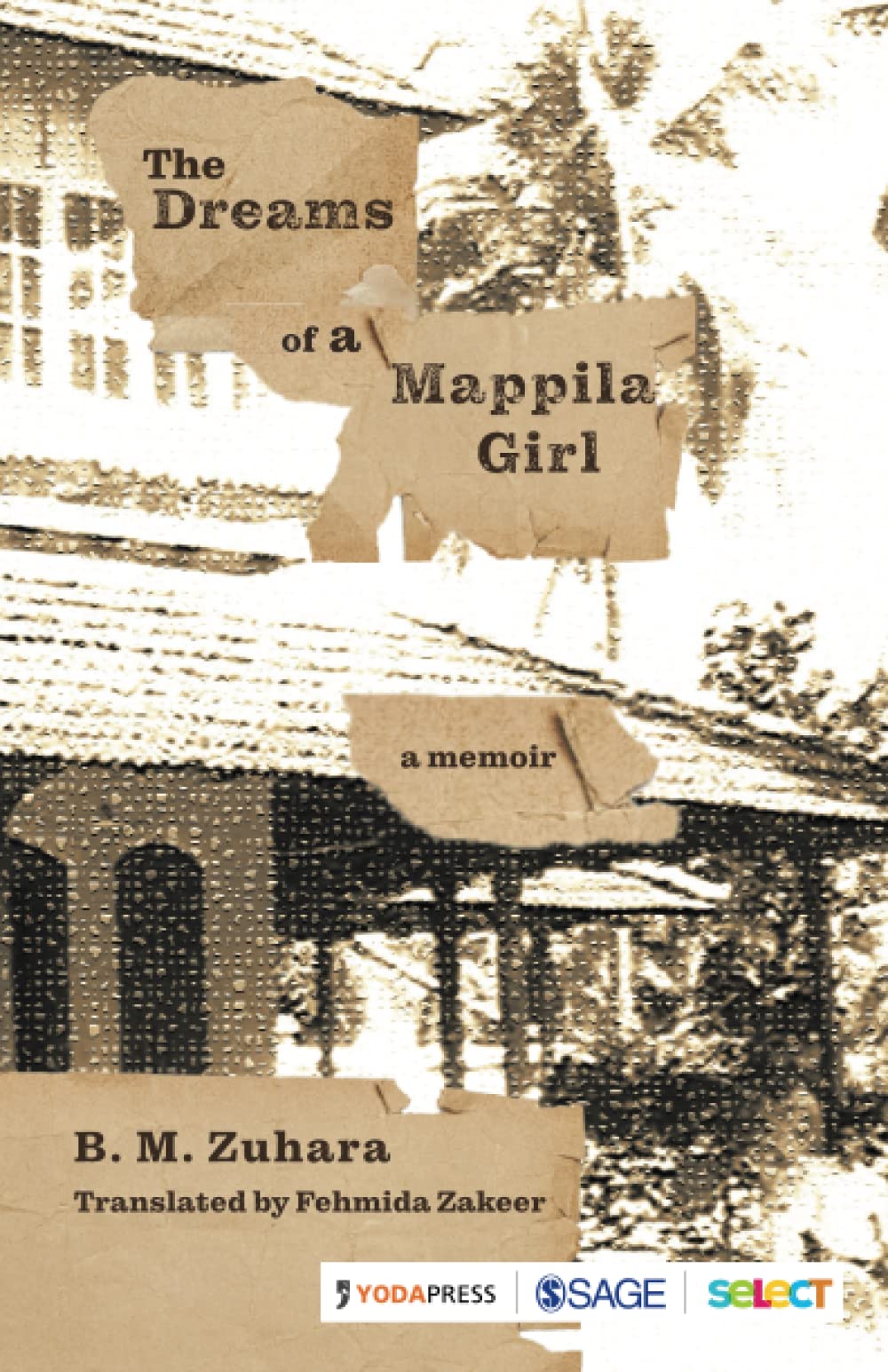
The Dreams of a Mappila Girl
By B. M. Zuhara
Translated by Fehmida Zakeer
Yoda Press, Sage and Select,
pp. 211, Rs 550
Umma also
has a mission: Soora should learn how to recite the Quran with correct
pronunciation before the onset of puberty (bhoolookhakal).
Umma’s reasons seem both orthodox and pragmatic: when Soora marries and her
in-laws realize she hadn’t read the entire Quran, they would hold Umma
responsible. If they were to move to Kozhkode, there would be no one there to
teach her the Quran, so she would have to stay behind in the village home.
While Soora frequently chafes against restrictions imposed upon girls, including
her mother’s belief that she should be married by age 15, she bears her
resentment in silence and out of an uneasy fear. Her words are poignant:
“Little girls were subjected to enough restrictions already. What other
boundaries was puberty going to draw around me? The fear kept me awake at
night, sometimes even causing me to snap out of my sleep.” Soora is not able to
mount real resistance to her mother. Yet her anxiety and tension on this score
is somehow also the reader’s – an empathy in the understanding that all that
Soora can do is be aware of her feelings, feel them in their intensity, and
hope for the tide to turn, when awareness will bring clarity and the capacity
to make informed choices.
An incident
which gives this memoir its edge of transparency is something that happens in
the immediate family. Soora visits her much older married sister Ummitha’s home
in Kozhikode. This is preceded by her visiting another family which, though large
and extended, is generally integrated and not overly rule-bound. On the other
hand, her sister’s house is modern, rule-bound and culturally well-exposed.
First there is the acute discomfort of adjustment, and then her sister’s
pointed lack of welcome as the family is to leave on a holiday to Ooty the next
day, there being no space in the car to accommodate Soora. Anguished, Soora
leaves for her home with the caretaker the next day, her anguish leaching into
both Umma and Ummama. Yet the child is excited for she has been able to borrow
from her nieces her own age, books written by the famous author Vaikkom
Mohammed Basheer – the books being his personal gift to the family. But, later
when Soora gets admission to Providence school in Kozhikode, it is Ummitha who
resists Umma’s protests against Soora attending this school because its uniform
involved wearing half-skirts, succeeding in pacifying her mother by seeking
special permission for Soora to wear a kurta-churidar.
It’s her chequered marriage that leads Umma to be pivotal in
making decisions on behalf of the family. Uppa, Soora’s father as an unmarried man with a
tempestuous nature, had obeyed a strong inner call and left on a Haj for Mecca
and Medina without informing his family. He spent almost six months there under
difficult conditions. The religious impulse remained strong in him through
daily prayers and recitations, even when his life was riven by land disputes
involving incessant court cases, including cases against Valippa. This led to
him paying inadequate attention to agriculture, leasing land to sharecroppers,
his family’s share becoming less certain with time.
When one of
her older sons accuses Umma of living in her father’s house despite Uppa having
built three houses, Umma reminds him: ‘Your father built a house using the
money he got from selling a coconut grove that used to give us a thousand
coconuts at one time. He sold highly priced land in order to build three
houses. Even then he couldn’t pay off his loans. If we had that land now, the
income from it would have been sufficient to sustain us.’
Though as
readers we don’t learn much about Soora’s relationship with her father, there
are fond descriptions of her brothers: Achu’s teasing boisterous ways; Kunhika’s
tricks with engineering skills, but also his rendering help to her with maths
in which she feels excruciatingly deficient; Gafoor’s conviction that he would
only study art, lending his own strength to coaching her for her interview to
Providence school, and accompanying her for it.
Perhaps the
most poignant description is of Soora’s step-uncle, Mammad — Ummama and
Valippa’s son (Umma being born from Valippa’s first marriage) — who, as a
graduate student, suffers a sudden mental breakdown, becoming severely unstable.
Confined outside to one of the office rooms with a caretaker, his behavior is
schizophrenic and occasionally violent. Methods from contemporary forms of
treatment to religious men had all been tried, but unsuccessfully. Especially
poignant is the end: neglected by his caretaker, he wets his bed, suffers chest
pain and high fever. He is washed and taken inside to sleep on the thinna. Umma and Ummama sit beside him
through the night, reciting the Quran. It is this constant recourse to prayer
and trust in the divine that informs the lives of the women throughout the
memoir, as also a co-existence that must prevail among family members.
Zuhara has written novels and short stories and
has been a columnist in regional newspapers. In 2008, she won the Kerala
Sahitya Akademi Award for her contribution to Malayalam literature. She has
also been the recipient of the Lalithamibka Antharjanam Memorial Award, the
Unnimoy Memorial Award and the K. Balakrishanan Smaraka Award. Her novels Iruttu and Mozhi and novella Nilavu have
been translated into Arabic. Nilavu has
also been translated into English as part of an anthology titled Five Novellas. Zuhara has herself
translated Tayeb Salih’s Wedding of Zein and
Naquib Mahfouz’s Palace Walk into
Malayalam. Her new novel Pennungal is
forthcoming.
Zakeer, the
translator, is a writer and translator from Kerala. Her short stories have
appeared in several prestigious international literary journals and
anthologies, with several shortlisted in Asian short story competitions or
receiving honorable mention. An anthology of stories titled Keeper of Secrets is forthcoming.
This book could not have been easy to translate. It has a plethora of local terms for which there is a glossary at the end and a list of kinship terms in the beginning. This does slow down the reader as one needs constant referencing to keep the thread. Yet, it begins to root one in a bygone culture which had its own strong specificities. The translation has a seamless quality inspired by Zakeer’s own empathy for a tradition that once prevailed. Though the memoir does not have the drama of conflict and upheavals, it does what a good memoir does: invoke memories with detailed imagery and realism; with feeling and authenticity in ways that makes a reader empathize with a life once lived.
More from The Byword
Comments
*Comments will be moderated



